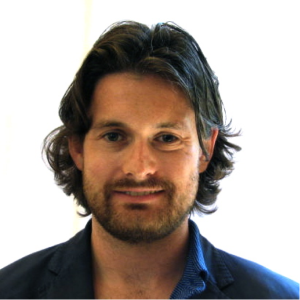Program on Science, Technology and Society at HarvardHarvard Kennedy School of Government | Harvard University |
|||
|
|
Ian Vincent McGonigle is an anthropologist of science, broadly interested in the ways culture and political history affect how scientific knowledge is produced, understood, and utilized. Ian earned a B.A. in Biochemistry and Cell Biology from Trinity College Dublin (2007); he has a PhD in molecular neuroscience from the University of Cambridge (2010); and he received masters degrees in cultural- and social anthropology from the University of Chicago (2013) and Harvard University (2015). He is currently a PhD candidate in Middle Eastern Studies and Anthropology at Harvard University. Ian has published over a dozen original research articles in top academic journals, such as: Ethnos: Journal of Anthropology; the Journal of Law and the Biosciences (including the most-read article, with over 20,000 reads); Anthropology Today (cover feature); Journal of Neuroscience; Biophysical Journal; ACS Chemical Neuroscience; and Biochemistry. He recently published three opinion editorials in Genetics Research discussing some of the ethical issues relating to biobanking and precision medicine projects. He has acted as a bioethics consultant for the Wellcome Trust sponsored Bioethics Literature project in 2011, for which he wrote three afterward responses in the Comma Press’ anthology of science fiction writing Bio-Punk: Stories from the Far Side of Research. He has co-organized two interdisciplinary symposia at Harvard University that discussed the ways in which advances in genomic technologies are transforming human identities, titled ‘Science, Ethnicity, Identity’ (2014), and ‘The Molecularization of Identity: Science and Subjectivity in the 21st Century’ (2016). He has been an affiliate of Harvard’s Program on Science, Technology, and Society since 2013. His current research project is a comparative study of biobanking and ethnic genetics in Israel and Qatar, with a focus on the consequences of precision medicine initiatives on ethnic and national identity. He has spent a year studying the National Laboratory for the Genetics of Israeli Populations, and he is currently writing about biomedical developments in Qatar. Ian intends to pursue academic positions in anthropology and science and technology studies, and his ongoing work focuses on the anthropological dimensions of national biomedical development, and bioethics (in relation to precision medicine), in Israel and the Arab Gulf. |
||

